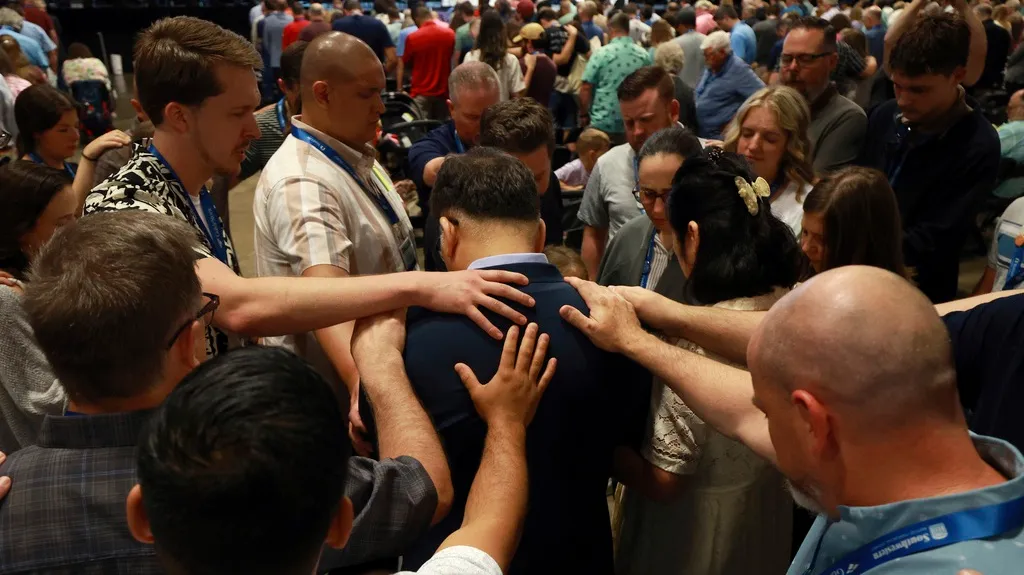June 26, 2013
Edith Windsor Honored by Court Ruling in Her Name
Jason St. Amand READ TIME: 2 MIN.
Edith Windsor cried with joy Wednesday when she learned that the Supreme Court used her lawsuit to strike down a federal provision that defined marriage as only between a man and a woman, and the spunky former IBM executive who recently turned 84 was all smiles two hours later when she faced a packed news conference.
"Wow. I'm honored. I'm humbled. I'm overjoyed to be here today," said Windsor, a Manhattan resident who goes by Edie, her words sometimes barely audible above the loud snaps of cameras.
The court issued a decision Wednesday striking down the provision, which denied federal benefits to married gay couples. The ruling, seen as a historic victory for gay rights, came in the justices' review of the Windsor's case. She sued to challenge a $363,000 federal estate tax bill after her partner of 44 years died in 2009.
Windsor said she hoped that the decision would bring about "the beginning of the end of stigma, of lying about who we are."
Windsor recalled that she "lied all the time" about who she truly was during the 15 years she worked at IBM. In thinking back on those years a half-century ago, she said, "Some of it is almost incredible to me."
Minutes earlier, her lawyer, Roberta Kaplan, had pointed out her client's size - 5 feet tall and 100 pounds - as she described the huge impact her case had made in the nation's legal fabric, saying that Windsor had made it so that gay and lesbian couples could participate fully in society "after so many dark decades of living their lives hidden in the closet."
Windsor said she was not sure how the court would rule but she was confident of the common sense of her lawyers' arguments.
"Our arguments were sound and everyone else's were insane," she said.
Windsor explained the genesis of the lawsuit she brought in federal court in Manhattan four years ago, saying she was "overwhelmed with the sense of injustice and unfairness" she felt when she learned that the death of her spouse, Thea Clara Spyer, meant she owed the estate taxes because she was not married to a man. She and Spyer had been married barely two years earlier in Canada, though she first met Spyer in 1963 and had lived with her for 40 years before they were married.
Windsor wore a circular diamond brooch that her late spouse had given her decades ago so Windsor would not unintentionally reveal her sexual orientation to her IBM colleagues. Repeatedly, Windsor referenced Spyer.
"To all of the gay people and their supporters who have cheered me along: thank you, thank you, thank you," she said, then added, "I'm sure Thea is thanking you too."
"Children born today will grow up in a world without DOMA," she said at another point. "If I had to survive Thea, what a glorious way to do it."


